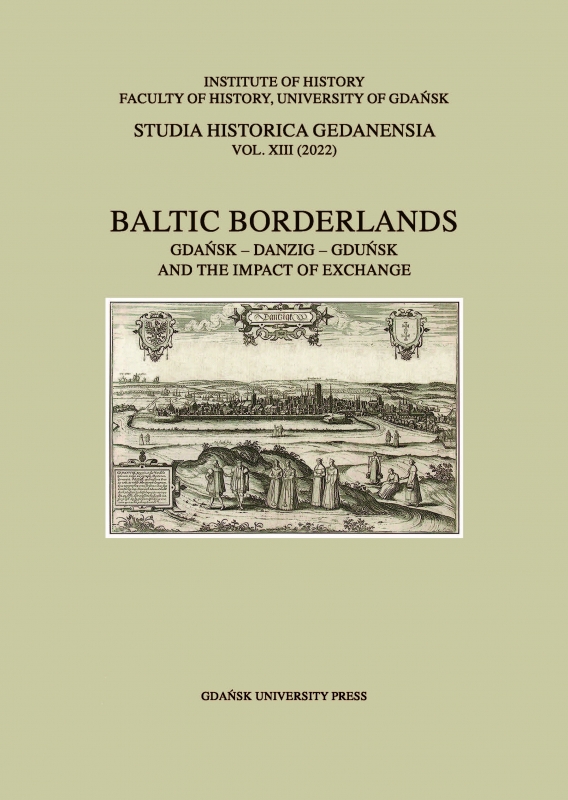Political Economy in the Baltic Borderlands: Commercial Interests and the Anglo‑Russian Treaty of Commerce, 1766
Political Economy in the Baltic Borderlands: Commercial Interests and the Anglo‑Russian Treaty of Commerce, 1766
Author(s): Hugo BromleySubject(s): Politics, History, Economic history, Local History / Microhistory, Political history, Modern Age, 18th Century
Published by: Wydawnictwo Uniwersytetu Jagiellońskiego
Keywords: Commerce; transnational; Britain; treaties
Summary/Abstract: Commercial treaties between states played a crucial role in shaping overseas trade and the mercantile communities that lived among in the Baltic borderland. This article takes as its example the Anglo‑Russian treaty of commerce of 1766 between Britain and Russia to explore how Britain in particular negotiated commercial treaties. It shows the crucial role of commercial expertise, and particularly the British Russia Company, in shaping the treaty to best serve British interests. Britain’s reliance on commercial interests for expertise, meanwhile, was crucial to maintaining its supply of naval stores. The article then explores the impact of the treaty on mercantile networks in the Baltic, arguing that the fluidity of citizenship and national affiliation allowed the merchants of the former Hanseatic towns in particular to adapt and benefit from commercial treaties between states, a process that merits further research. The intersection of state and commercial interests was fundamental to commerce in the Baltic borderlands.
Journal: Studia Historica Gedanensia
- Issue Year: 2022
- Issue No: 13
- Page Range: 70-90
- Page Count: 21
- Language: English

